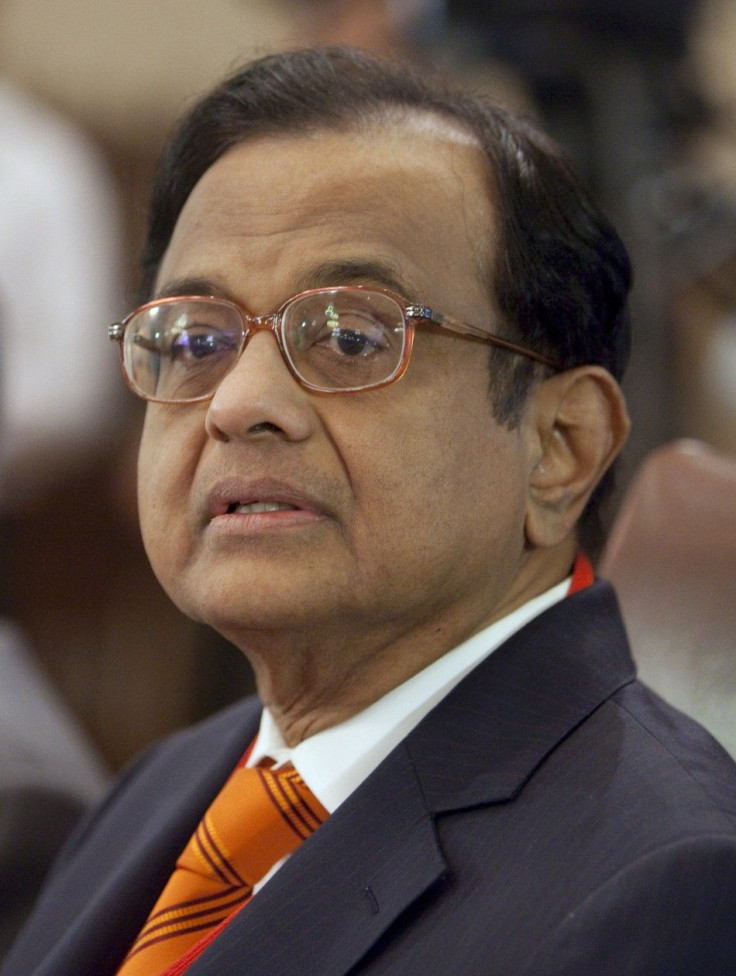India Will Modify Taxation Policies To Allay Investors' Worries: Finance Minister

India's new finance minister P Chidambaram has said that his topmost priority is to regain the investors' confidence.
In a clear indication that the country is all set to deviate from the taxation regime set by his predecessor Pranab Mukherjee (which many foreign investors termed as retrograde), the new finance minister has said that the government policies will be modified wherever necessary to meet the expectations of the stakeholders.
"Uppermost in my mind is the duty to regain the confidence of all stakeholders. Obviously, where necessary, our policies have to be modified or fine-tuned in order to meet the expectations of different stakeholders," said the minister in a statement Monday.
Chidambaram sought to alley the worries of investors regarding the taxation policies and said he would bring clarity to review the provisions of the General Anti-Avoidance Rules (GAAR) and a fair mechanism for dispute resolution.
The GAAR was introduced by Mukherjee to catch the tax evaders and had provisions to tax retrospectively. The foreign investors, who termed the law as draconian and not investor-friendly, chose to stay away from investing in the country, leading to huge fund outflow from the markets.
"I have also directed a review of tax provisions that have a retrospective effect in order to find fair and reasonable solutions to pending as well as likely disputes between the Tax Departments and the Assessees concerned. With these measures, and some other measures that we hope to take in the short term, it is our intention to raise the level of investment to 38% of the GDP that was achieved in 2007-08," Chidambaram said in the statement.
The minister said he would shortly unveil a plan to bring down the fiscal deficits. The country has a fiscal deficit stemmed from populist policies like huge discounts on fuel and fertilizers adapted by the successive governments. The minister indicated that he might be forced to take tough measures to control the deficit.
"I would like to make it clear that the burden of fiscal correction must be shared, fairly and equitably, by different classes of stakeholders. The poor must be protected and others must bear their fair share of the burden. "
He said the government would work in tandem with the Reserve Bank of India to rein in inflation. "We will also use our stocks of food grain to moderate prices. Where necessary, we will enhance the import of items in short supply. Government will work with the Reserve Bank of India to ensure that inflation is moderated in the medium term," he said.
Commenting on the demand from the industry to cut down the interest rates, he said that appropriate steps would be taken in this regard.
"We are conscious that current interest rates are high. High interest rates inhibit the investor and are a burden on every class of borrowers. Sometimes it is necessary to take carefully calibrated risks in order to stimulate investment and to ease the burden on consumers. We will take appropriate steps in this regard," he said.
India, Asia's third largest economy, is going through a tough pace as the growth rate has tanked to the lowest in nine years while investors' confidence dipped because of unpredictable policies and confusions in taxation laws.
High inflation, depreciating domestic currency and widening deficit in fiscal and current accounts have dampened the investment climate in the country.
Chidambaram last month took charge of the finance ministry, a portfolio which he had held twice before, after Mukherkee had left the job to contest the presidential polls.
© Copyright IBTimes 2024. All rights reserved.






















